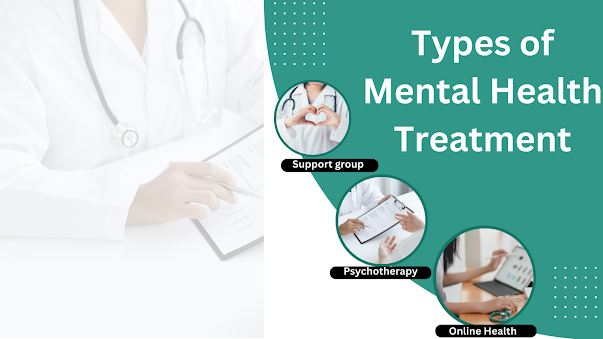Talking therapies for people with dementia and carers

Dementia is a complex neurodegenerative condition that not only affects the diagnosed individual but also has a profound impact on their family members and caregivers. While there is currently no cure for dementia, several interventions aim to improve the wellbeing and quality of life of those living with the condition and their carers. This article explores the importance of talking therapies in the context of dementia, examining the benefits, challenges and evolving approaches to supporting people with dementia and their dedicated carers. Living with dementia, for both the individual and their loved ones, can be a deeply challenging and often isolating journey. Memory loss, communication difficulties, and mood swings can strain relationships and cast a shadow over daily life. However, amidst the complexities, talking therapies emerge as a beacon of support, offering a safe space to navigate the emotional and psychological terrain of dementia. Talk Therapy Understand the needs Before ...

.png)

.png)